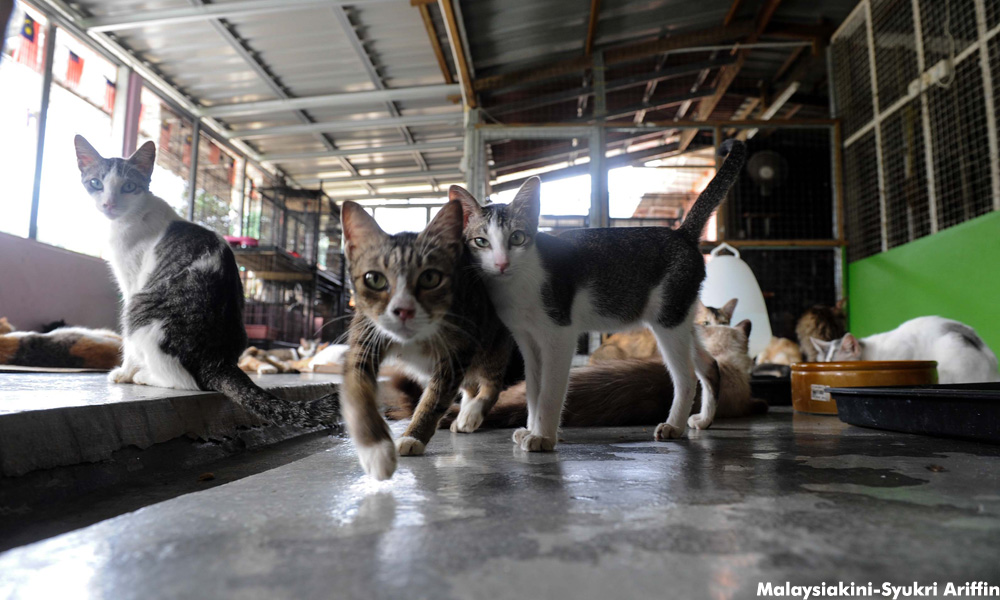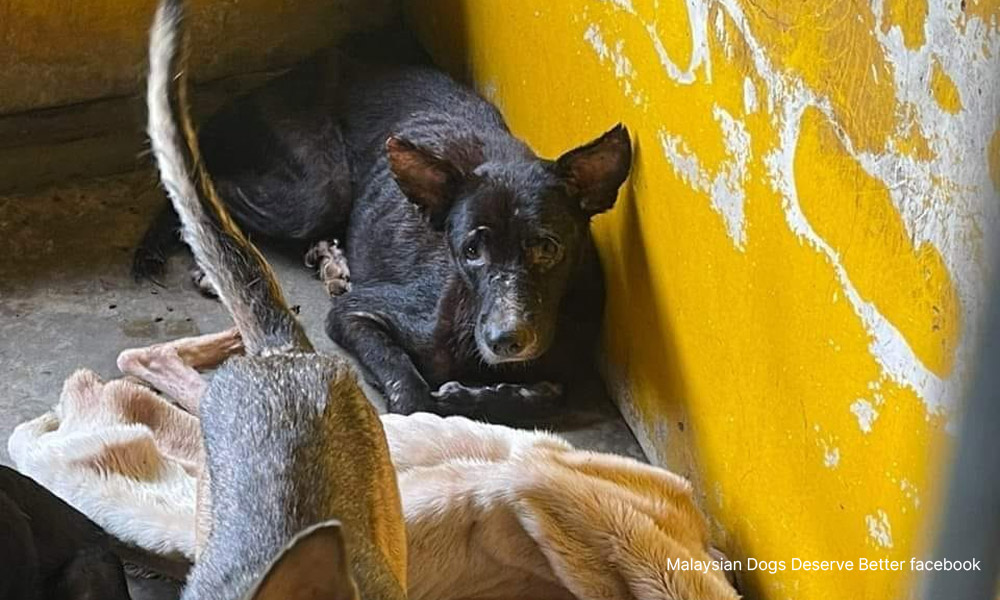LETTER | Rising trend of animal abuse
LETTER | The alarming trend of animal abuse in the country is of great concern and needs urgent action to stop it.
According to Penang Veterinary Services Department director Dr Saira Banu Mohamed Rejab, cases of cat and dog abuse are on the rise in Penang.
Abuse may take many different forms such as beating, scalding, suffocating, bestiality, poisoning, shooting, bashing, starving mutilation and animal hoarding.
Essentially, animal cruelty is any form of treatment that causes physical and/or emotional suffering and trauma to the animal victim.
In 2019, the Penang DVS recorded 82 cases of dog abuse; 86 in 2020; 98 in 2021; and increased threefold to 253 in 2022.
Similarly, there is a four-fold increase in cruelty to cats as it was reported that it rose from 31 cases in 2021 to 134 cases in 2022. Horses, goats, cows, hamsters and rabbits were included in the list of animal abuse as well.
‘Many cases go unreported’
While animal abuse is common in Malaysia, its true scale is largely unknown because of unreported cases due to public ignorance and apathy.
Animal cruelty, abuse and neglect cross all social and economic boundaries in both rural and urban areas.
Therefore, case counts are not reliable indicators as the actual number of abuse cases is not known. This highlights the need for effective, evidence-based preventive programmes.
Among the latest incidents of animal abuse include an injured stray dog bludgeoned to death, a dog beaten and left to die while attached to a leash, a kitten doused with paint, and the current methods used by the authorities to catch and kill strays.
Ignoring situations like these will only encourage more abnormal behaviour and the mistreatment of animals cannot be condoned.
Besides domestic abusers, local councils like the Klang Municipal Council (MPK) and Petaling Jaya City Council (MBPJ) also employ abusive methods in the way strays are caught and culled.
Surveys suggest that acts of animal abuse are often motivated by strong, uncontrollable emotions, such as hatred or anger, prejudice against a specific species (such as dogs or cats), or retaliation against another person or animal to acquire a feeling of power and control or to gain pleasure from the pain and suffering of another living creature (sadistic behaviour).

Intentional cruelty to animals is strongly correlated with other crimes, including violence against people.
Despite the Animal Welfare Act 2015 enabling punishment of anyone found abusing animals, many animal abusers remain unpunished because of unreported cases or lack of deterrent action.
Therefore, we urge harsh punishments for animal abuse.
The fight against animal abuse requires collaborative efforts from individuals, communities, governments, and animal protection organisations.

In order to stop people from abusing animals and to provide justice to the harmed animals, it is important that animal protection legislation be strengthened. Meanwhile, it is critical to influence legislative initiatives that support ethical pet ownership.
It is important for the public to report any known case to the authorities to teach offenders about the gravity of their acts and raise awareness among the public.
The authorities must ensure that offenders cannot get away with a light punishment.
Writer is the president of Consumers Association of Penang
The views expressed here are those of the author/contributor and do not necessarily represent the views of Malaysiakini.
RM12.50 / month
- Unlimited access to award-winning journalism
- Comment and share your opinions on all our articles
- Gift interesting stories to your friends
- Tax deductable
